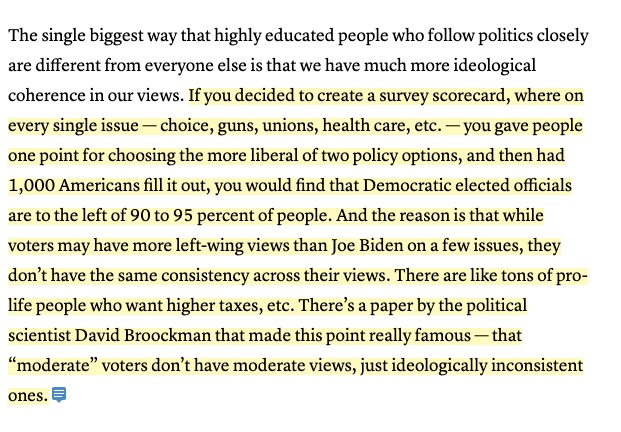
1/ I have experimented with many different approaches over the last nine years to how to work with distributed teams.
Here's my current "best practices" approach:
Here's my current "best practices" approach:
2/ *General Guidelines*
a) Take spatial context seriously: If we’re discussing a specific task, we discuss it in the comment section below the task itself. If we’re talking about a specific document, we discuss it in the comments attached to the document.
a) Take spatial context seriously: If we’re discussing a specific task, we discuss it in the comment section below the task itself. If we’re talking about a specific document, we discuss it in the comments attached to the document.
3/ b) Poor communication creates more work. Getting in sync with your team and communicating to help your team stay in sync with you is not something annoying you have to do in addition to your job, it is a core and central part of your job.
4/ *Communication Prioritization*
a) Non-urgent but Important – Draft a longform explanation of the issue, relevant background, and proposed steps forward.
a) Non-urgent but Important – Draft a longform explanation of the issue, relevant background, and proposed steps forward.

5/ b) Non-urgent and Not important – Consider if anything needs to be said at all, if so then communicate via Slack. 

6/ c)Semi-urgent (requires feedback in the next 1-2 business days) – When it relates to a specific task: should be commented on in the Task Management System, else, send it via Slack in the appropriate channel. 

7/ d) Urgent – requiring feedback soon (hours) should be sent via Slack.
e) Emergency – Call/text everyone ASAP
e) Emergency – Call/text everyone ASAP
8/ *Knowledge Base Guidelines*
We call our knowledge base a standard operating system. It is the system we use to organize and execute these processes that make the company successful. taylorpearson.me/hiring-and-man…
We call our knowledge base a standard operating system. It is the system we use to organize and execute these processes that make the company successful. taylorpearson.me/hiring-and-man…
9/ *Task Management Guidelines*
a) It’s Our Centralized Task Management Center - this is where tasks are assigned by team leaders.
b) Keep Task Related Communications WITHIN the task management system.
c) Add a Real Profile Picture
a) It’s Our Centralized Task Management Center - this is where tasks are assigned by team leaders.
b) Keep Task Related Communications WITHIN the task management system.
c) Add a Real Profile Picture
10/ *Messaging App Guidelines*
a) Default Open – By default, share any message with the most possible people whom it would affect. Corollary: Direct Messages are the root of all evil, confusion, and missed context. Use them only as strictly necessary.
a) Default Open – By default, share any message with the most possible people whom it would affect. Corollary: Direct Messages are the root of all evil, confusion, and missed context. Use them only as strictly necessary.
11/ b) Slack Channels - Channels should start limited and evolve organically as more are needed. Having specific channels where any relevant participant can view things is the right balance. 

12/ *Meetings Guidelines*
a) Virtual Meetings
* Take Notes – Take (detailed) notes and share them with everyone else.
* Have an Agenda
* Turn on Your Camera - no camera suggests you aren’t able to pay attention
* Screen sharing - to eliminate miscommunication
a) Virtual Meetings
* Take Notes – Take (detailed) notes and share them with everyone else.
* Have an Agenda
* Turn on Your Camera - no camera suggests you aren’t able to pay attention
* Screen sharing - to eliminate miscommunication
• • •
Missing some Tweet in this thread? You can try to
force a refresh




